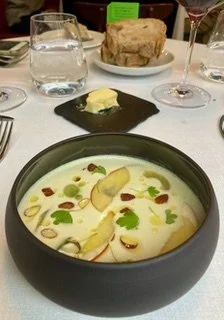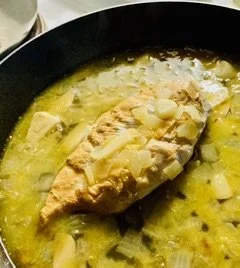Iron Cast
Photo © Rob Jones
Addiction is a terrible thing.
My latest drug of choice is Irn Bru flavoured Jelly Babies.
Until last week, I had been addicted to Irn Bru Sours but they sold out really quickly, so I am clearly not the only one to be addicted in this way. I stare at people in the street here in Totnes wondering if they are the ones who share my obsession. I look for signs, the tell-tale jaw movements and squint as a clear sign of sucking a sour. Perhaps a little spring in their step as the iron kicks into their systems.
I got into Irn Bru when I worked in Scotland. To me, it’s almost a poor-man’s Lucozade. Its origins, according to their website, can be traced back to a small factory in Falkirk in 1875 when Robert Barr started making fizzy drinks. The brand was launched in 1901 - as IRON BREW with a label featuring a famous highland athlete, Adam Brown. Their early advertising featured testimonials of sporting heroes of the day.
The rival drink TIZER was created in 1924 by the Pickup family in Bristol, and was bought up by Barr’s in 1972. The name is said to come from the word Appetizer. I always wondered about the name. In Dutch the word for Iron is t’ijzer. Surely a link, but apparently not.
Iron Brew disappeared during the war years due to a shortage of materials to make it. The wartime government limited drinks makers to only six standard generic flavours, and Iron Brew wasn’t one of them.
It was relaunched after the war, but the name fell foul of food labelling regulations which said names should be literally true. While it did contain Iron, it wasn’t brewed. So they changed the name to the phonetic IRN BRU.
Regarded as Scotland’s national drink, Irn Bru even has its own tartan.
And now apparently they make Jelly Babies and Sours.
And I am addicted.
R.




